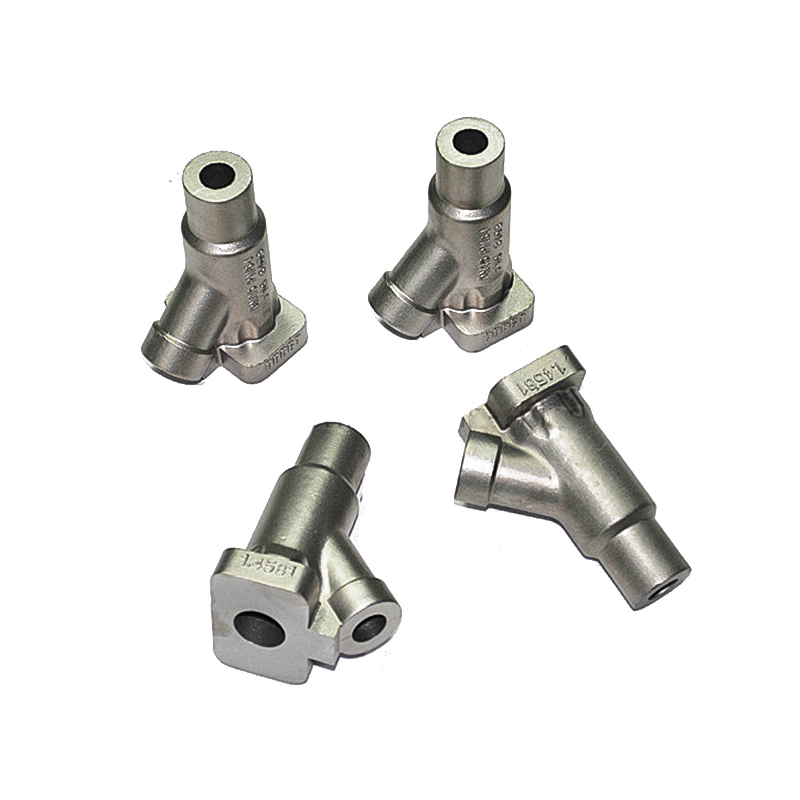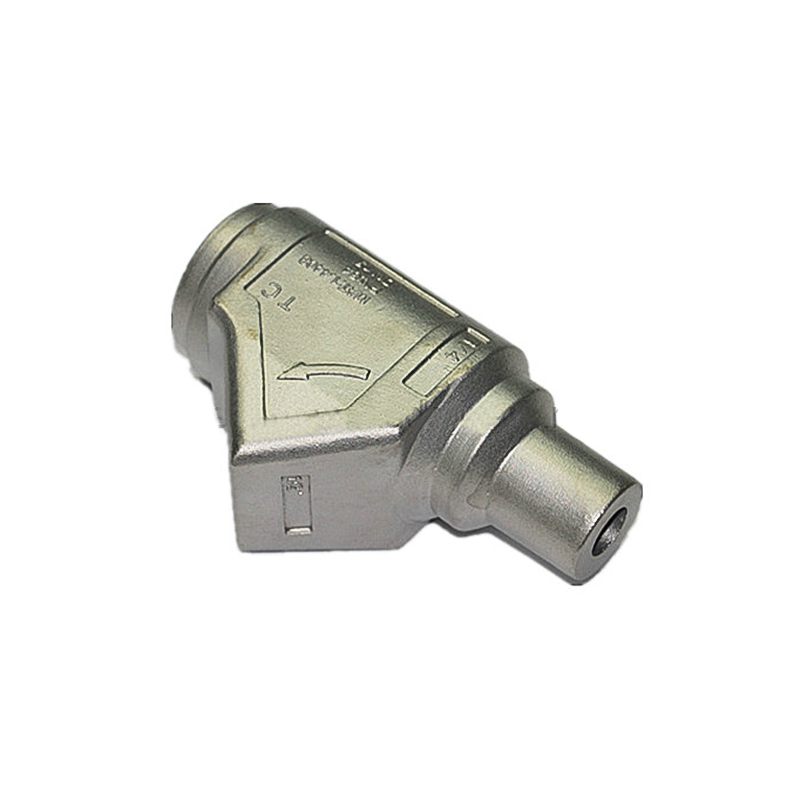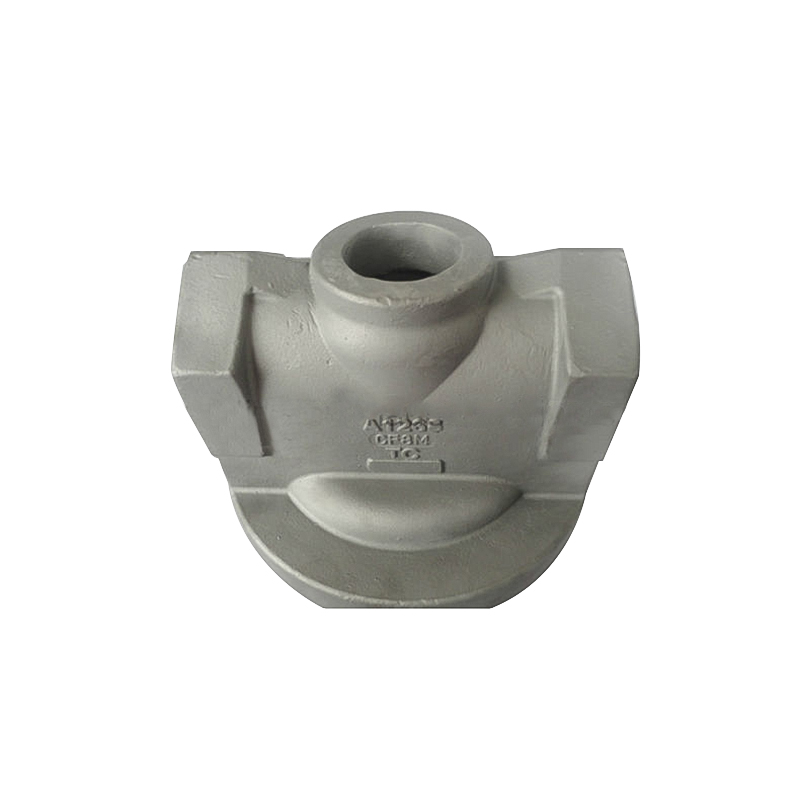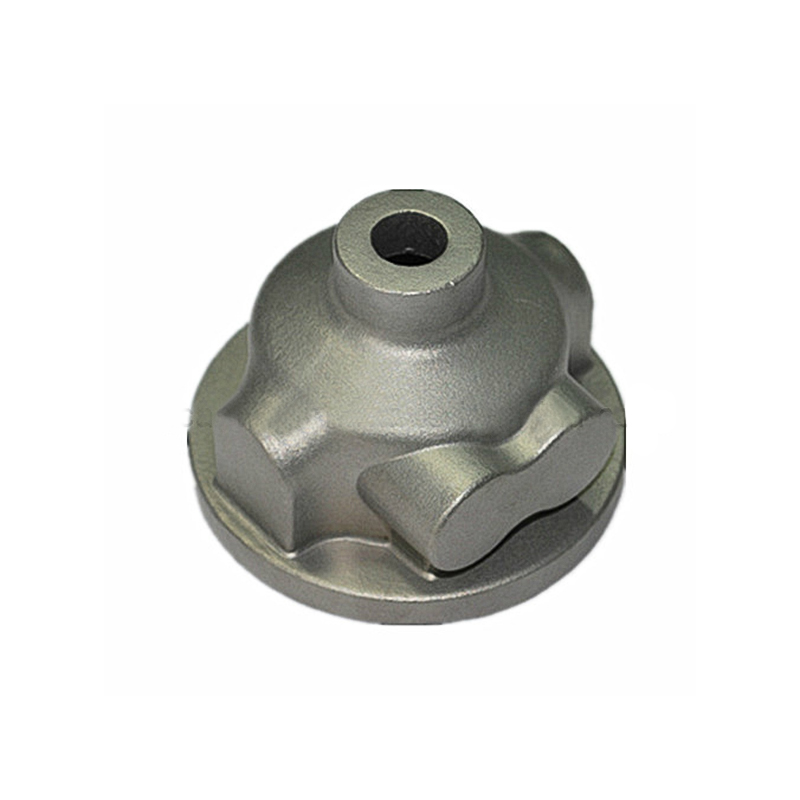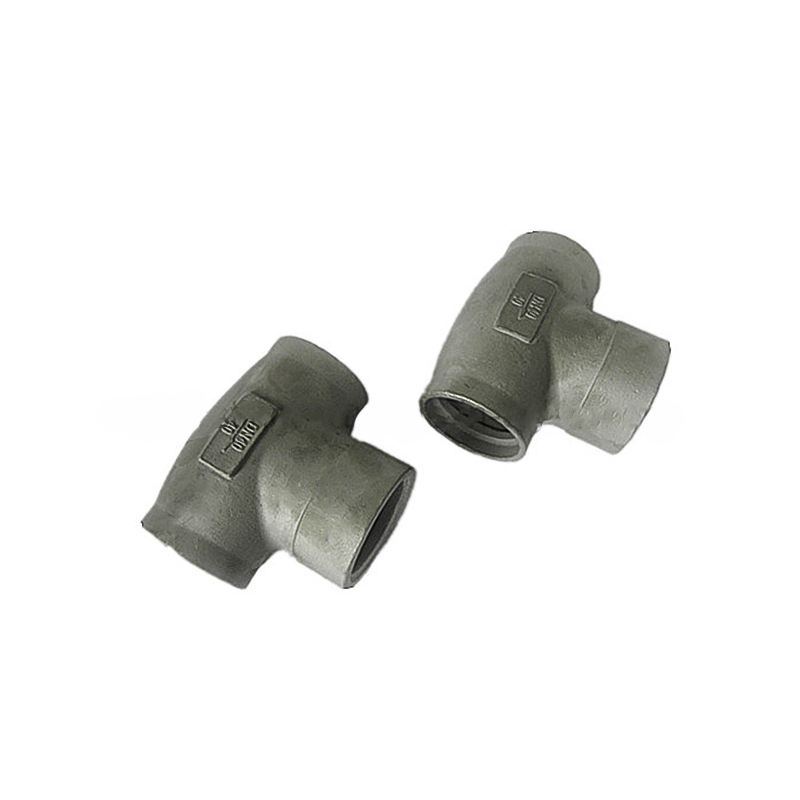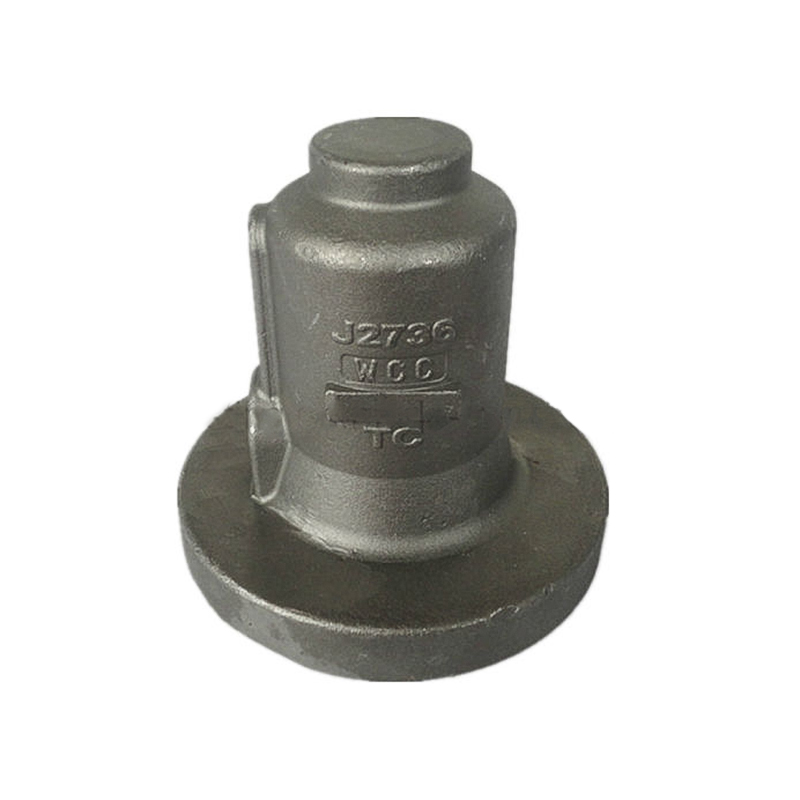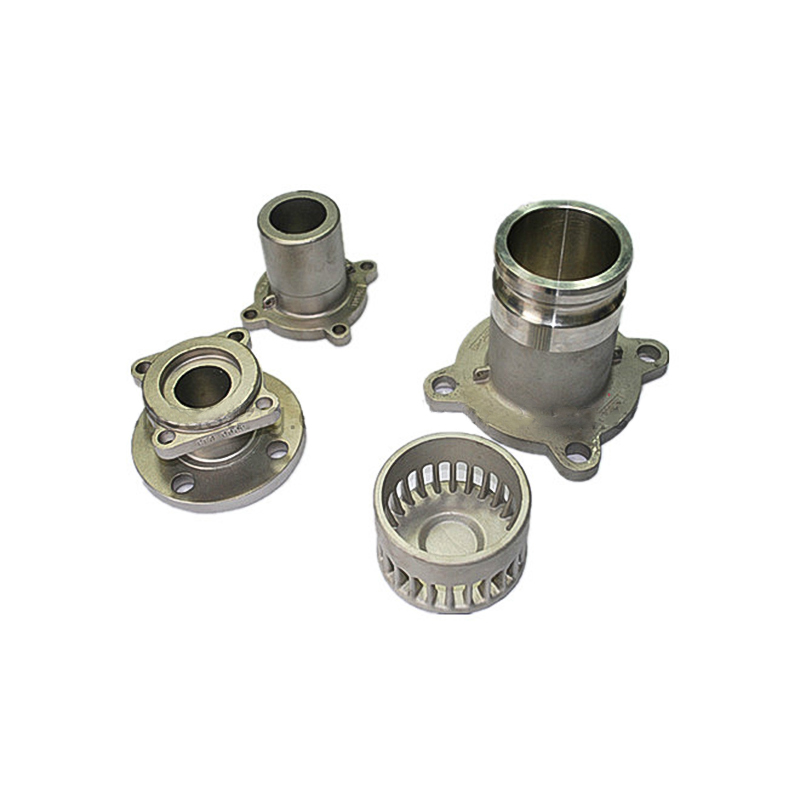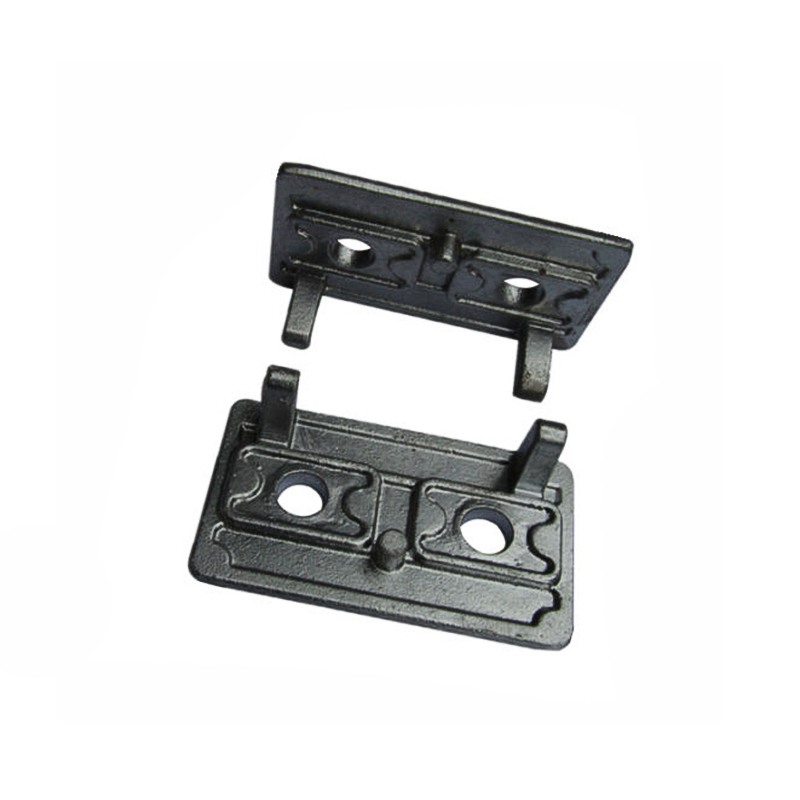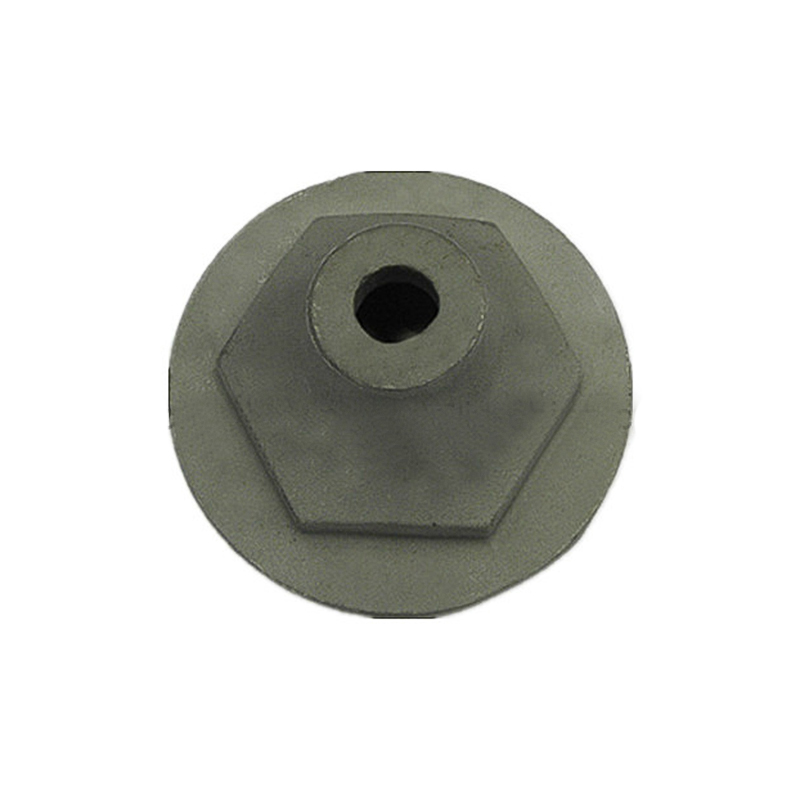Valve Casting Parts for Energy Efficiency in Industrial Plants
Energy efficiency has become a critical focus for industrial plants worldwide. With rising energy costs, stricter environmental regulations, and the push for sustainable operations, industrial operators are constantly seeking ways to reduce energy consumption without compromising productivity. One often-overlooked component in achieving these goals is valve casting parts. These essential components play a pivotal role in regulating fluid flow, maintaining system pressure, and ensuring operational reliability—all of which directly influence energy efficiency in industrial facilities.
Understanding Valve Casting Parts
Valve casting parts are precision-engineered components used in various types of valves, including gate valves, globe valves, ball valves, and check valves. Typically made from high-quality metals such as stainless steel, carbon steel, or specialized alloys, these parts include valve bodies, stems, discs, and seats. The quality, design, and material composition of valve casting parts directly affect the performance, durability, and energy efficiency of industrial systems.
How Valve Casting Parts Influence Energy Efficiency
The impact of valve casting parts on energy efficiency may not be immediately obvious, but it is significant. Efficient valve operation ensures that industrial processes run smoothly, with minimal energy loss due to leaks, pressure drops, or flow restrictions. Here’s how high-quality valve casting parts contribute to energy efficiency:
Reduced Pressure Drops
Pressure drop occurs when fluid flow encounters resistance within the valve. Poorly designed or low-quality valve casting parts can create turbulence, friction, and flow restrictions, forcing pumps and compressors to work harder. Precision-engineered valve casting parts minimize internal flow resistance, reducing pressure drops and lowering energy consumption for pumping and pressurization.
Improved Seal Integrity
Leaks in industrial systems lead to wasted energy, reduced process efficiency, and higher operational costs. High-quality valve casting parts ensure tight, reliable seals between valve components, preventing fluid or gas leakage. By maintaining proper sealing, plants can optimize system performance and reduce unnecessary energy loss.
Enhanced Durability and Longevity
Frequent maintenance and replacement of valve components disrupt operations and increase energy costs. Durable valve casting parts made from high-strength metals and corrosion-resistant alloys withstand harsh operating conditions, including high pressure, temperature extremes, and chemical exposure. Longer-lasting components maintain system efficiency over time, reducing energy waste caused by worn or degraded parts.
Optimized Flow Control
Industrial plants rely on precise flow control for heating, cooling, chemical processing, and fluid transport. Valve casting parts designed for smooth operation enable accurate flow regulation, reducing energy-intensive corrective actions by pumps and compressors. Properly balanced valves minimize overcompensation in the system, further saving energy.
Compatibility with Automated Systems
Modern industrial plants increasingly use automated control systems for process optimization. High-quality valve casting parts are engineered to integrate seamlessly with actuators, sensors, and control valves. This compatibility allows precise, real-time adjustments to flow and pressure, improving energy efficiency and reducing human error.
Applications of Energy-Efficient Valve Casting Parts
Valve casting parts are critical in a wide range of industrial applications where energy efficiency is essential:
Power Generation Plants
In power plants, valves regulate steam, water, and gas flow. Efficient valve casting parts ensure minimal pressure loss and precise control, directly affecting turbine and boiler performance, and ultimately, energy output.
Chemical and Petrochemical Industry
Precise fluid control is vital in chemical processes. Durable valve casting parts maintain consistent pressure and flow rates, reducing pump energy usage and ensuring process stability.
Water and Wastewater Treatment
Energy efficiency in pumping and filtration systems relies on valves that operate reliably and with minimal pressure drop. High-quality valve casting parts help maintain optimal flow rates and reduce energy consumption.
Oil and Gas Industry
Pipelines and refineries require robust valves to handle high-pressure fluids. Efficient valve casting parts reduce turbulence and leaks, lowering the energy needed for fluid transport and processing.
HVAC Systems in Industrial Facilities
Heating, ventilation, and air conditioning systems depend on precise flow control. Efficient valve casting parts enable optimal system balancing, reducing energy consumption while maintaining desired environmental conditions.
Selecting the Right Valve Casting Parts
To maximize energy efficiency, industrial operators should consider several factors when selecting valve casting parts:
Material Quality: High-strength metals with corrosion resistance extend component life and maintain efficiency under extreme conditions.
Precision Engineering: Accurate dimensions and smooth surface finishes reduce friction and pressure drops.
Design Compatibility: Parts should match the valve type and application requirements for optimal flow and sealing.
Maintenance Requirements: Low-maintenance designs reduce downtime and energy waste associated with frequent replacements.
Supplier Reputation: Trusted suppliers ensure consistent quality and performance, supporting long-term energy efficiency goals.
Technological Advancements
Recent advancements in valve casting parts technology further enhance energy efficiency:
Advanced Alloys: Materials with superior strength, corrosion resistance, and thermal stability improve valve performance under challenging conditions.
Optimized Internal Geometries: Computational fluid dynamics (CFD) modeling helps design parts that reduce turbulence and pressure losses.
Surface Treatments: Coatings and treatments reduce friction and wear, maintaining smooth operation and efficient flow.
Smart Integration: Sensor-ready parts enable real-time monitoring and predictive maintenance, minimizing energy waste due to inefficiencies.
Benefits of Energy-Efficient Valve Casting Parts
Investing in high-quality valve casting parts for energy efficiency offers multiple benefits:
Lower Energy Costs: Reduced pressure drops and improved flow control decrease the energy required for pumps, compressors, and heating/cooling systems.
Enhanced Operational Reliability: Durable parts maintain performance over time, reducing unplanned downtime and associated energy waste.
Environmental Impact: Improved energy efficiency reduces greenhouse gas emissions and supports sustainability goals.
Long-Term ROI: Although high-quality valve casting parts may have higher upfront costs, their contribution to energy savings and reduced maintenance delivers significant return on investment.



 English
English Deutsch
Deutsch 简体中文
简体中文
